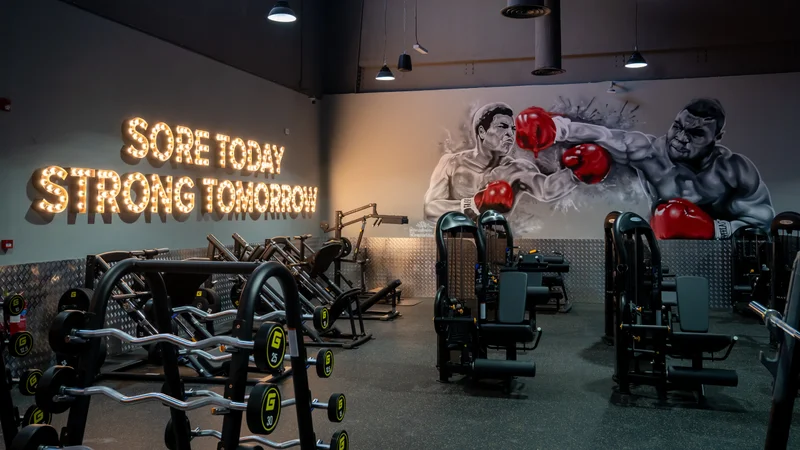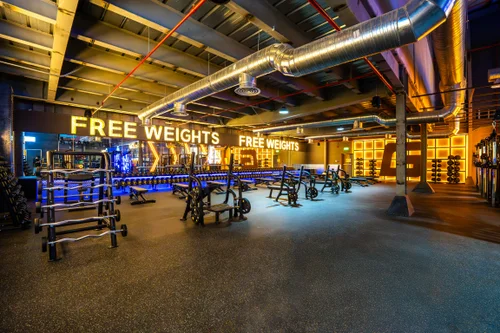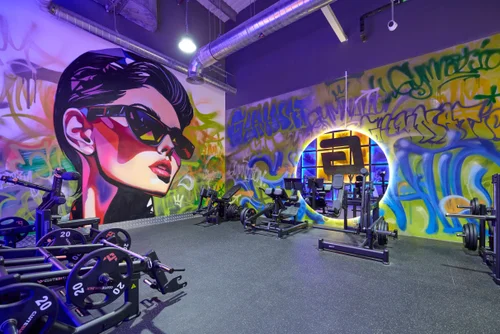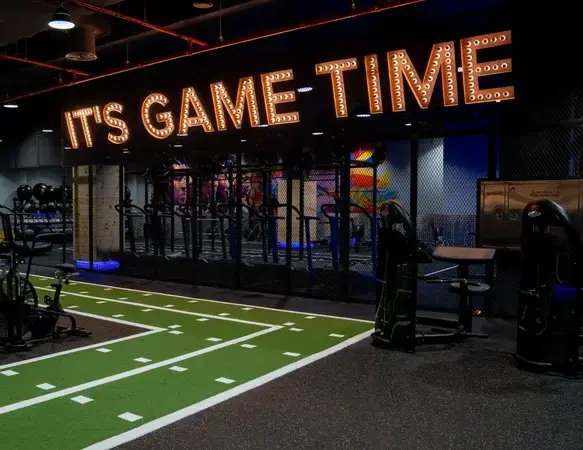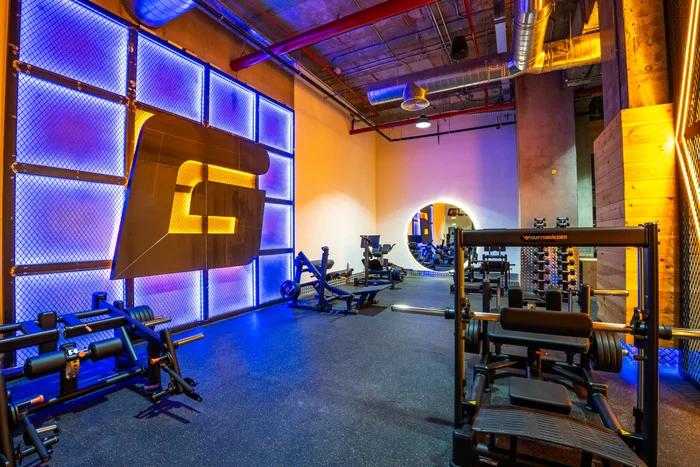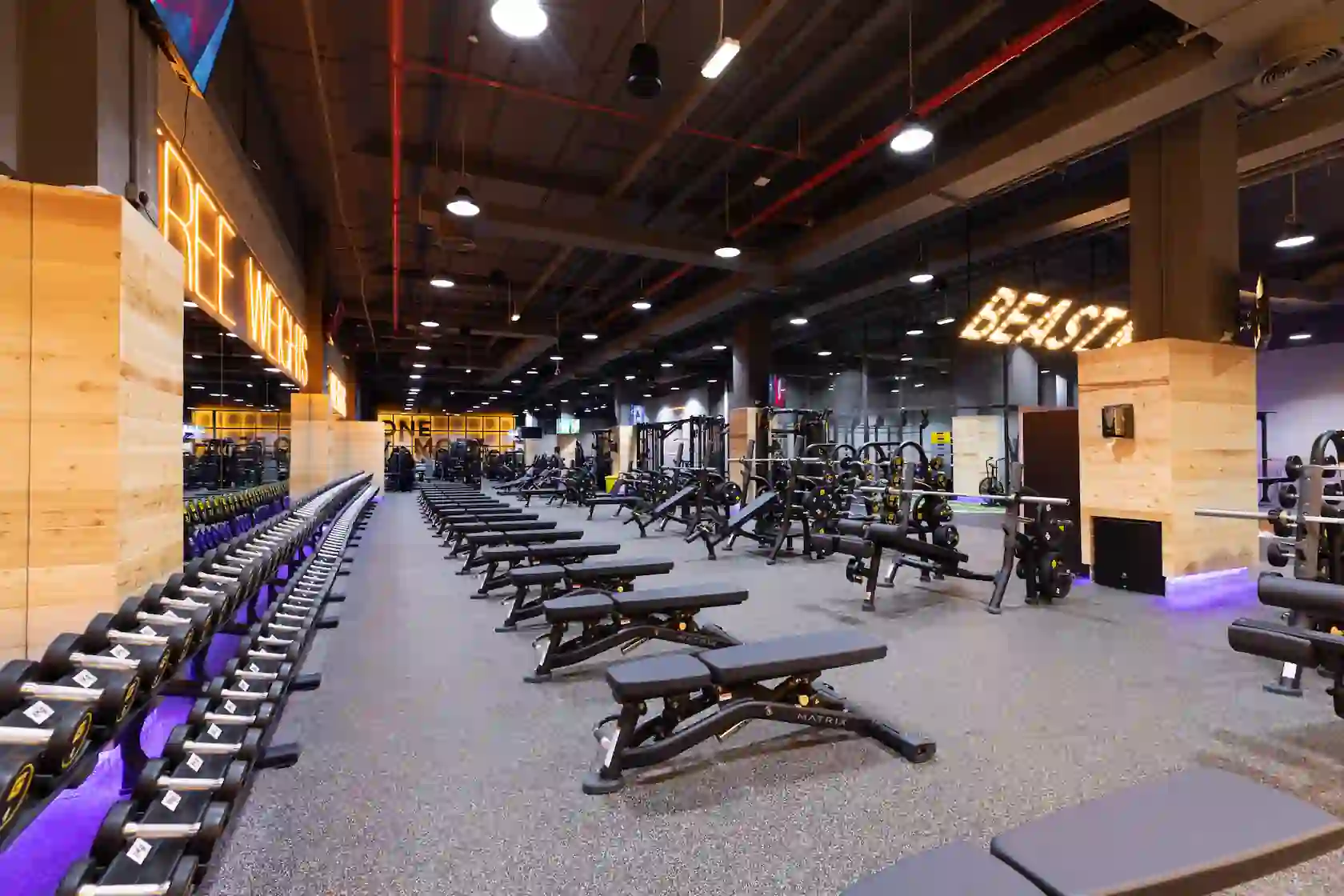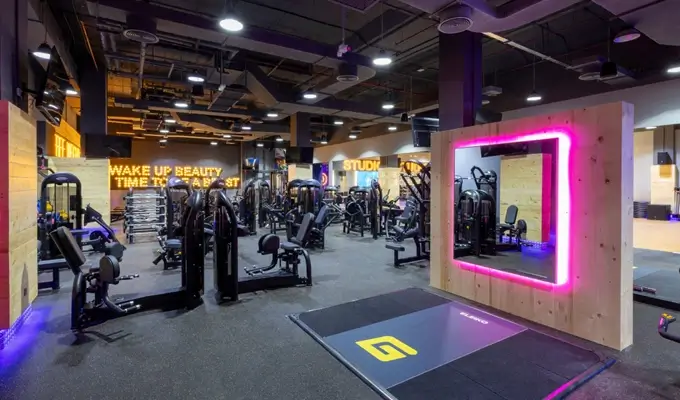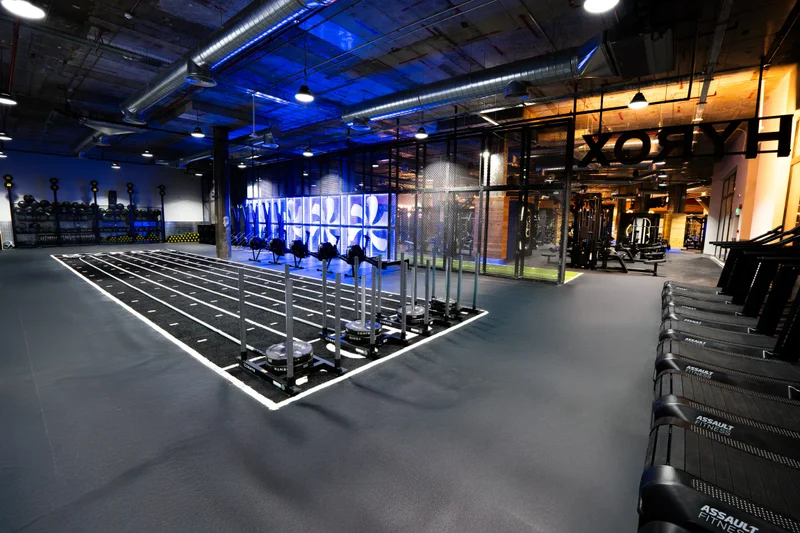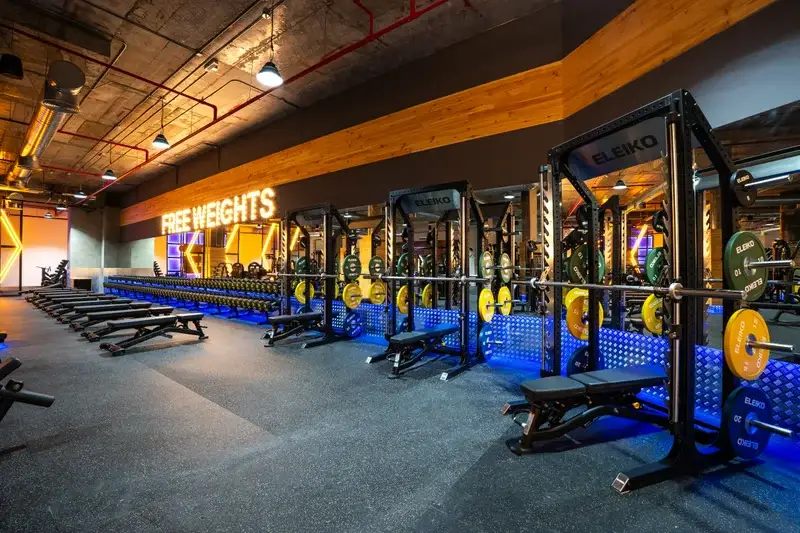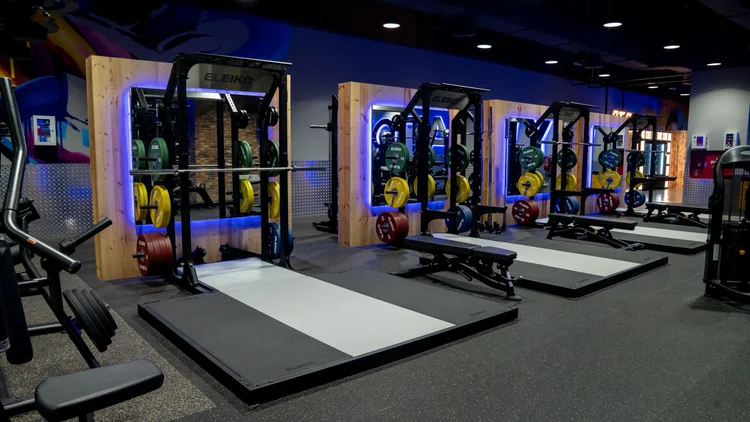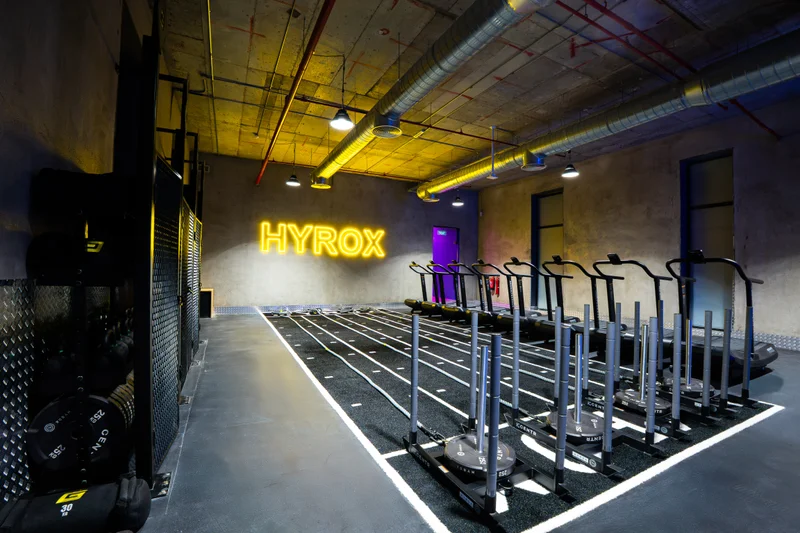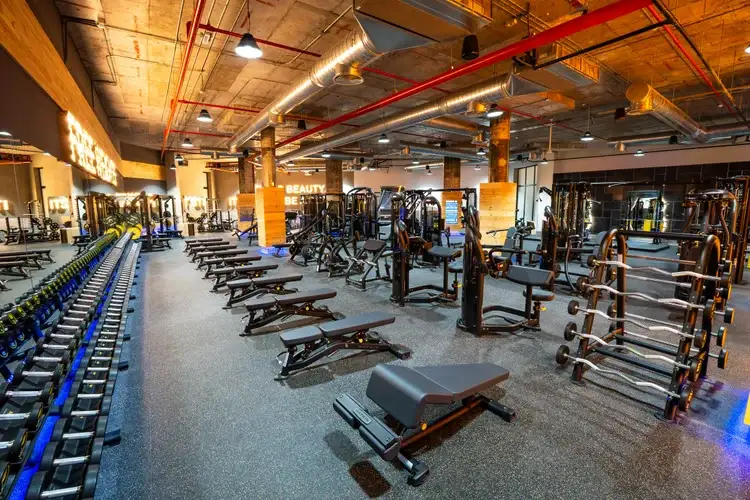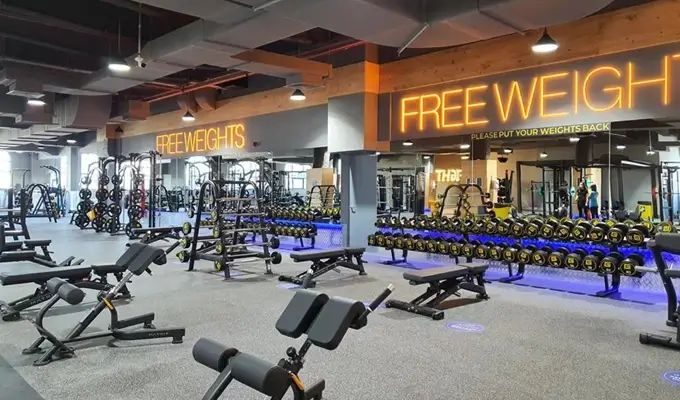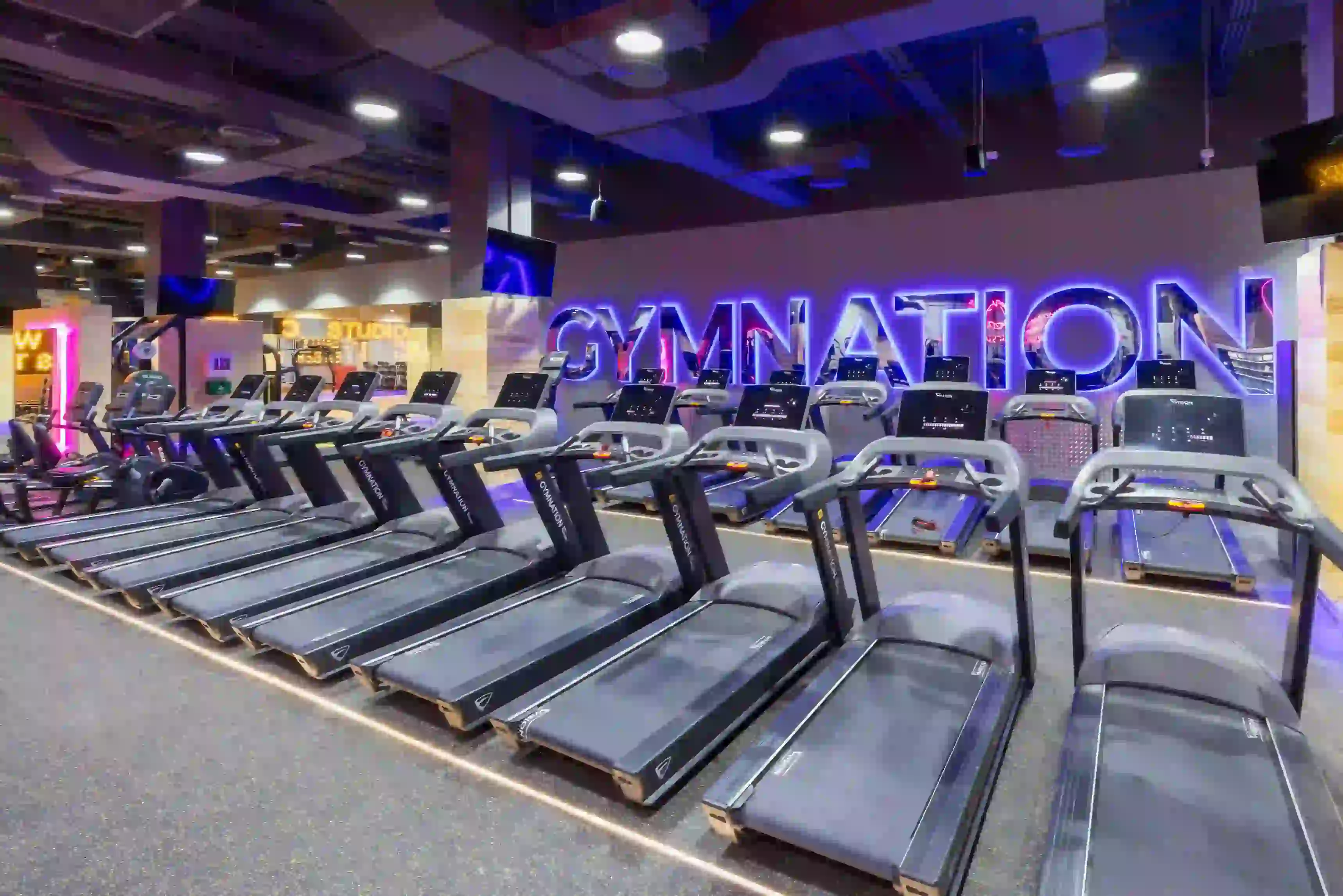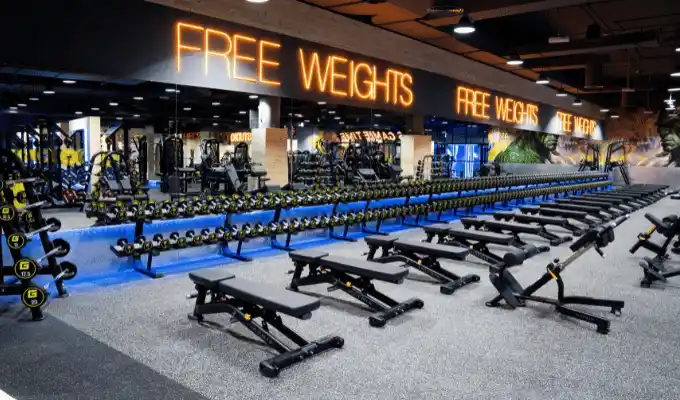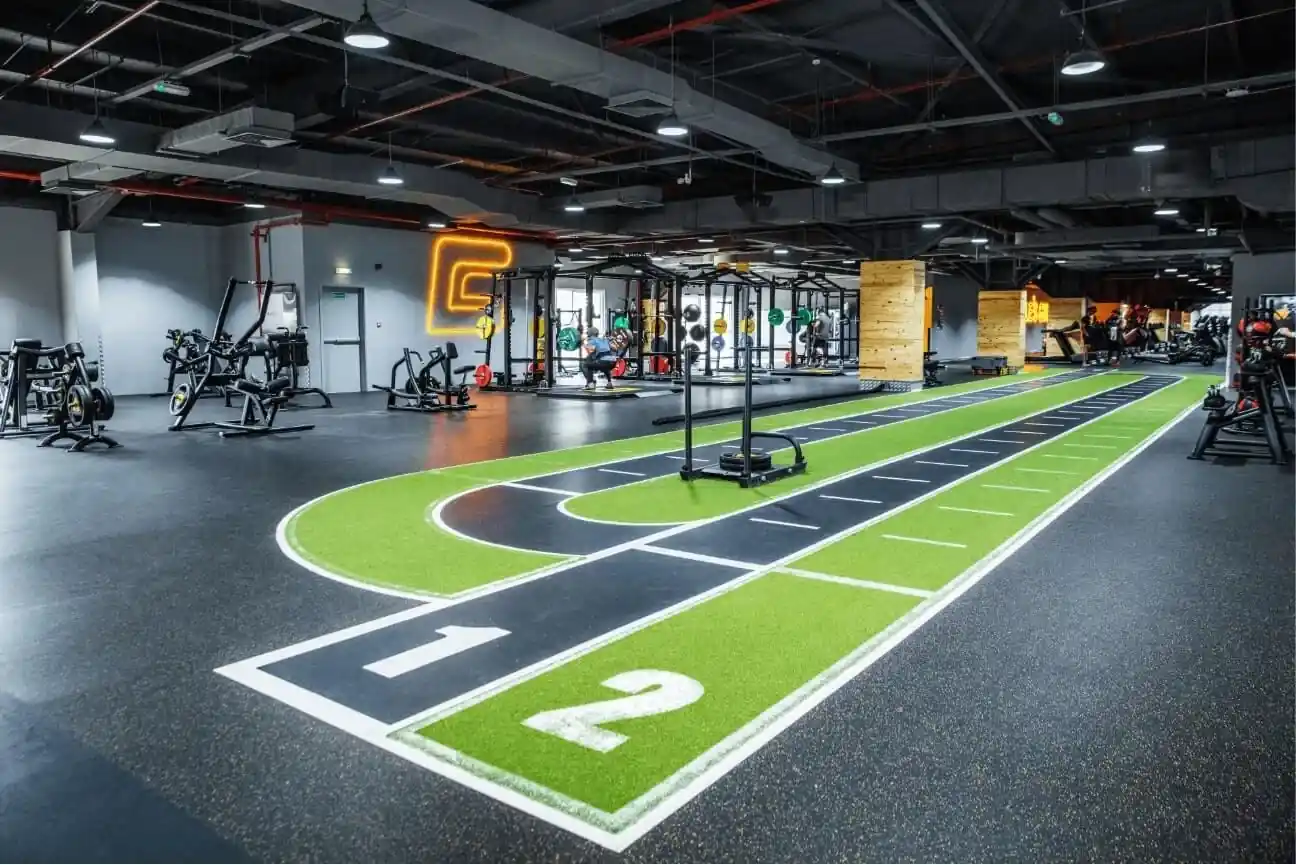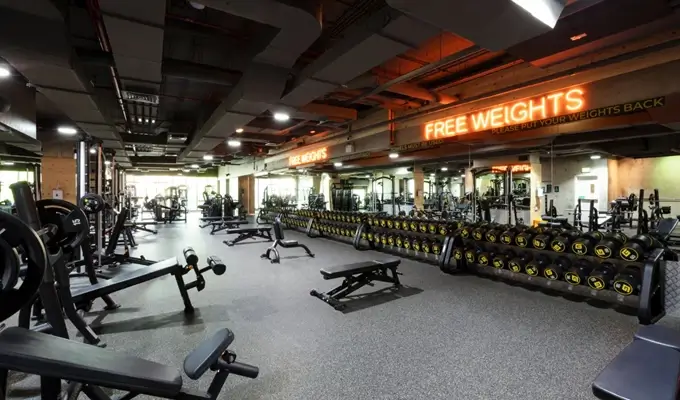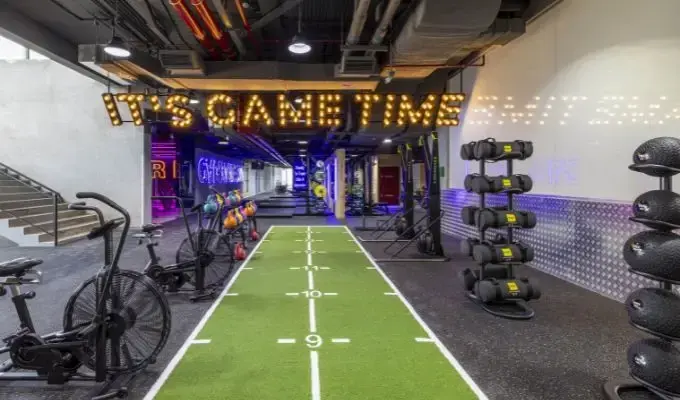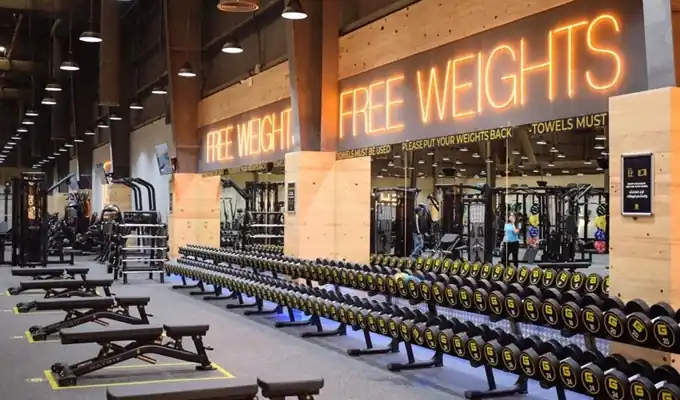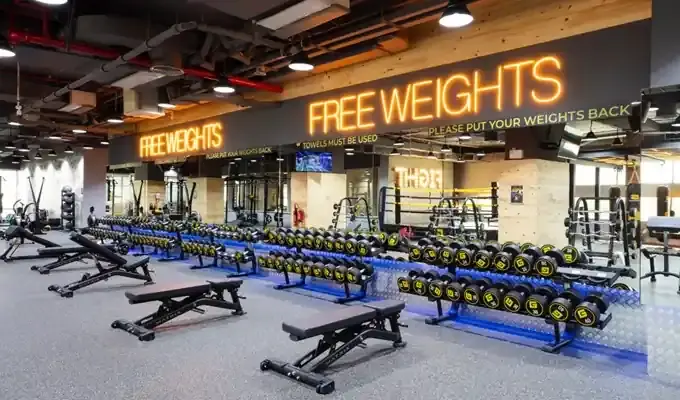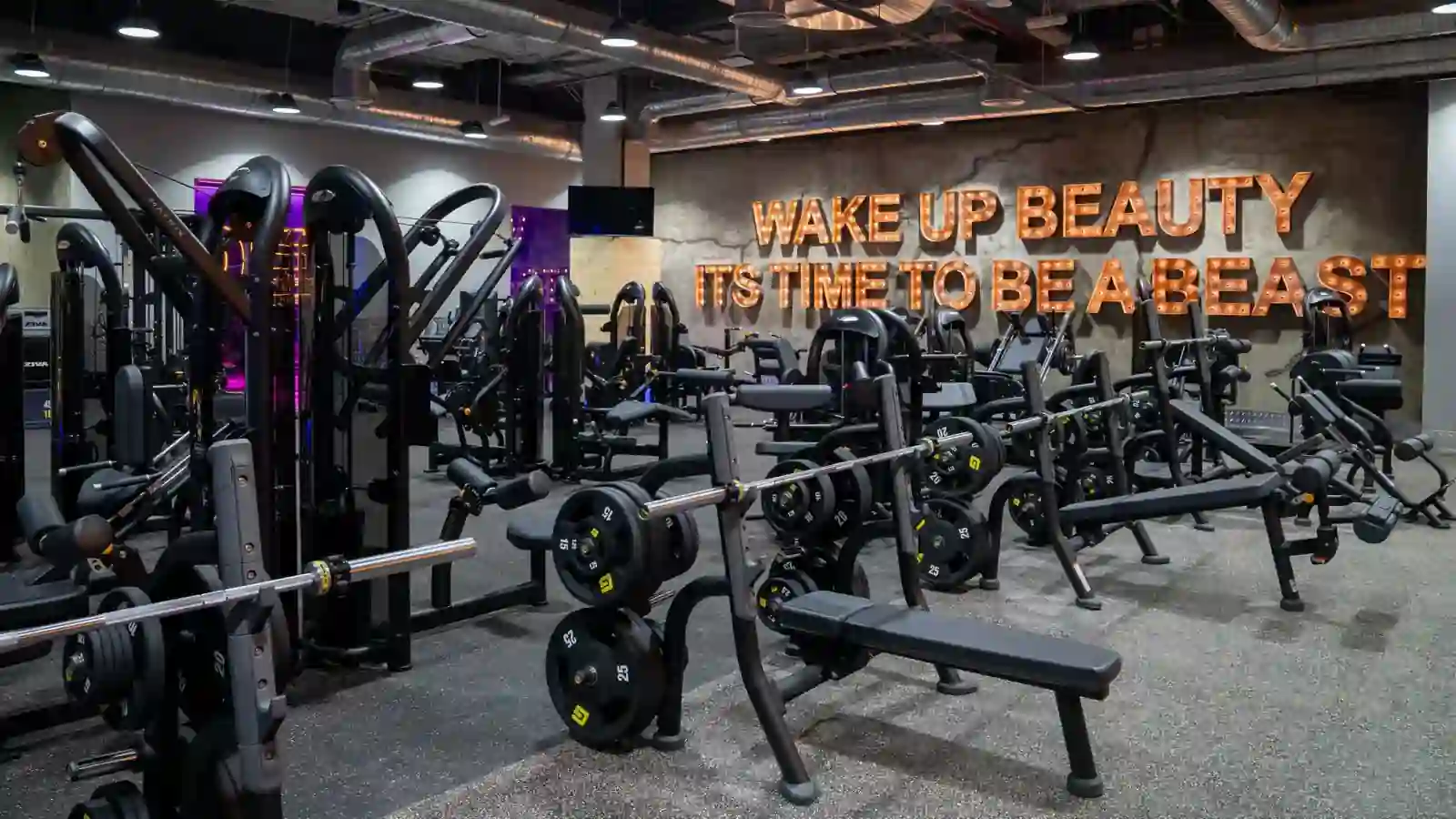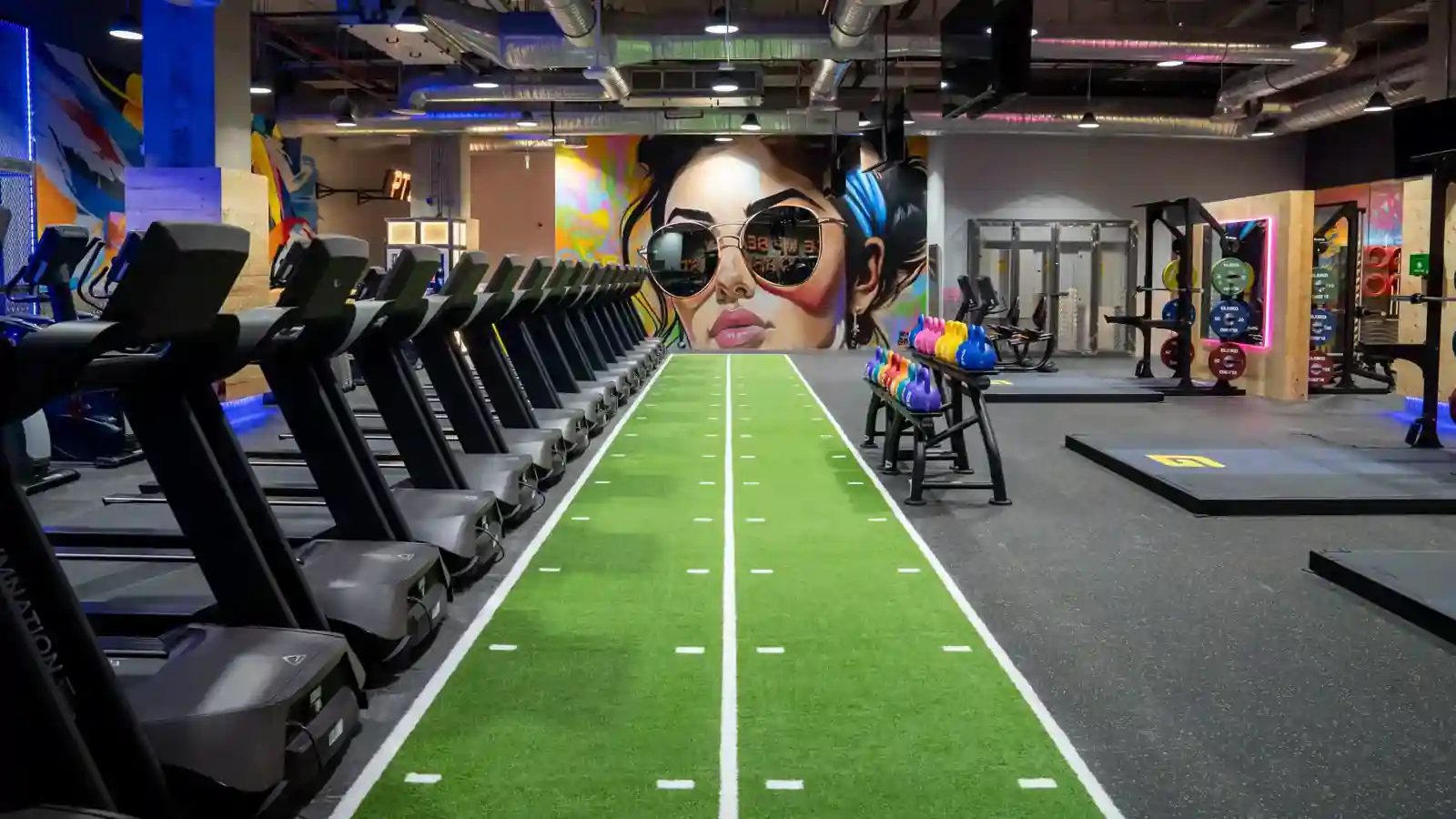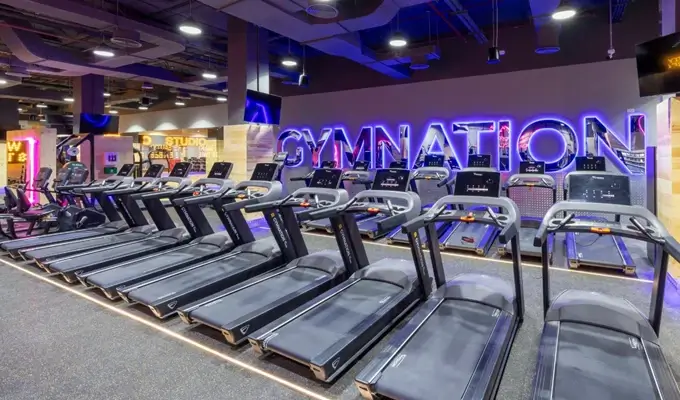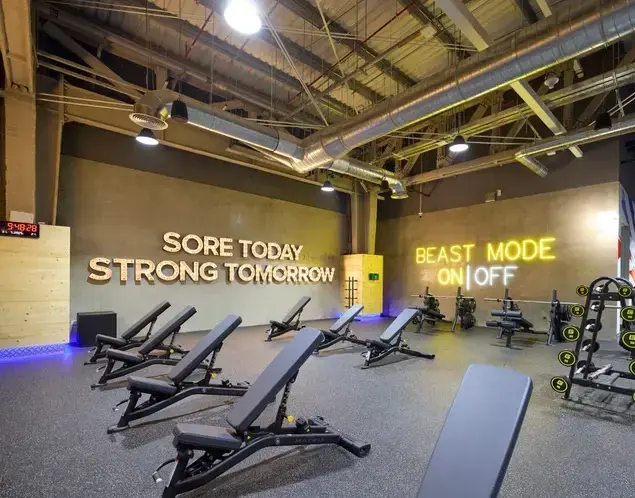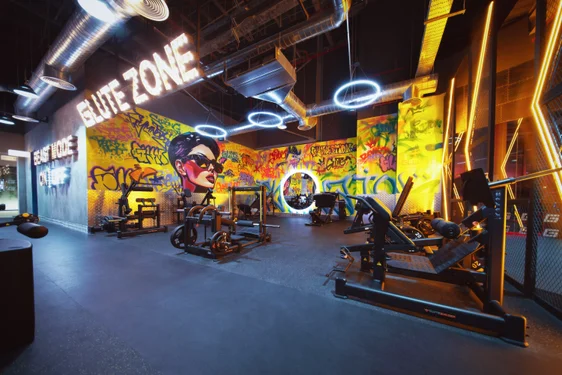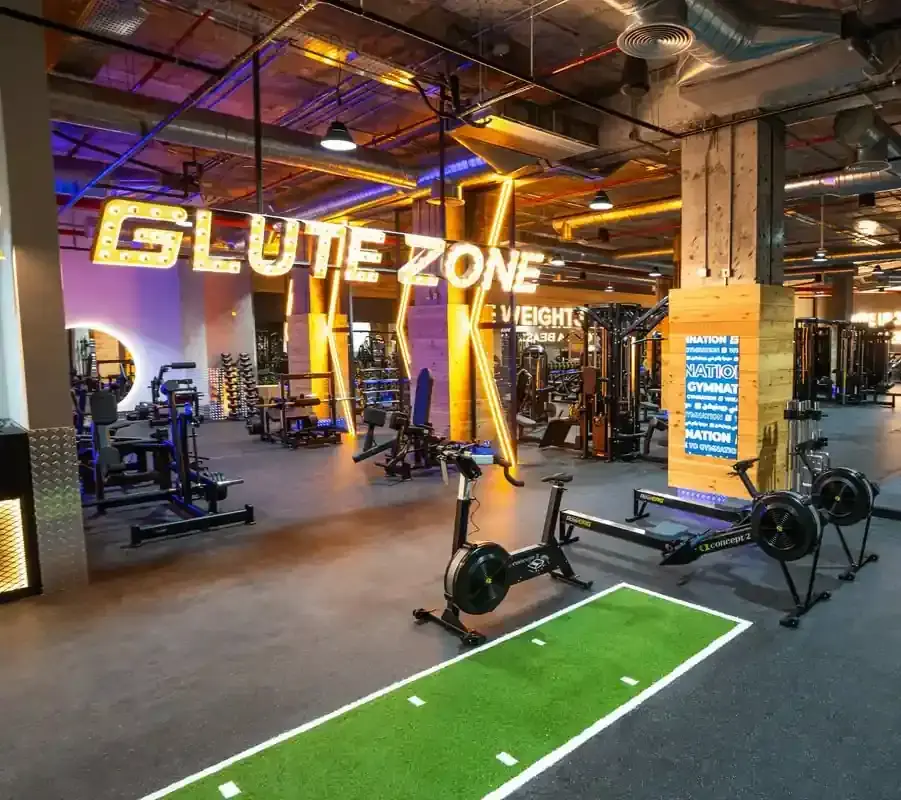UK Women's Average 5K Times

SIGN UP FOR YOUR FREE DAY PASS TODAY!
The 5k distance is a widely recognized running milestone and the most popular race length in the UK. It’s the standard distance for the 1275 parkruns held across the UK every weekend.
Additionally, the Couch to 5k program has become as common as matcha lattes, with 1.9 million people (75.2% of whom were women) completing the NHS program in 2023, aiming to run for 30 minutes straight and ideally cover 5k.
But what's the average 5k time, and is it worth comparing your speed to others?
Running has seen a significant surge this year; Strava reports that 76% of Gen Z women in the UK, aged 12-27, now identify as runners.
However, as more people take to the streets, the pressure to achieve specific time and distance goals has intensified.
Half-marathons, marathons, and ultra-marathons are no longer just for professional athletes; they have become quite common.
Meanwhile, a 5k might seem trivial, especially when social media is flooded with people hitting sub-30 minute times. However, these speedy runners are actually a small minority.
Before we look at Strava’s official average 5k times, exclusively shared with Women’s Health, remember this important saying: comparison is the thief of joy.
Your 5k finish time is influenced by many factors, including your age, sex, base fitness level, menstrual cycle, nutrition, training regimen, and even how well you slept the night before.
The data below only considers age, sex, and whether it was the user’s first 5k or not, so keep that in mind.
Average 5k Time by Age and Experience
Women in the UK
Age Group
Age Group All 5Ks First 5K
12-2 30:17 35:02
28-43 30:56 35:14
44-59 33:15 38:24
60-78 38:08 53:22
As of June 2024, data from women who uploaded their runs to Strava reveals that the average finish time for those aged 12-27 who have completed more than one 5k was 30 minutes and 17 seconds.
For beginners in this age group, their first 5k took 35 minutes and 2 seconds.
For women aged 28-43, their average 5k time was 30 minutes and 56 seconds, with first-time runners averaging 35 minutes and 14 seconds.
Gen X women (aged 44-59) averaged 33 minutes and 15 seconds for those who have completed more than one 5k, while their first 5k took 38 minutes and 24 seconds.
Women aged 60-78 had an average time of 38 minutes and 8 seconds for those who have run more than one 5k, compared to 53 minutes and 22 seconds for their first 5k.
What’s a Good 5k Time for a Woman?
According to RunRepeat, to be an above-average female runner, you should aim to run a 5k in 37 minutes and 28 seconds or less.
This time is significantly longer than the Couch to 5k goal of 30 minutes. If you can run a 5k in 30 minutes, you are faster than more than 70% of women.
To be in the top 10% of female runners, you should aim for a finish time under 28 minutes. To be in the top 1%, you need to finish faster than 21 minutes and 39 seconds.
Can You Run a 5k in 30 Minutes?
With sufficient training, yes. However, as data from both Strava and RunRepeat shows, while the Couch to 5k program sets 30 minutes as a benchmark, this is not necessarily achievable for the average runner.
If you find it hard to move past this benchmark, consider why you run.
It's likely for stress relief, social reasons (Strava reveals that over half of women in 2024 participated in a run with at least one other person), or simply for the joy of running.
Fixating on an arbitrary finish time can diminish these benefits.
Tips for Improving Your 5k Time
Follow a 5k Training Plan: Structured programs can help you gradually build your endurance and speed.
Try Zone 2 Training: This involves running at a pace where you can maintain a conversation, helping to build aerobic capacity.
Incorporate Interval/Fartlek Training: These workouts involve alternating between high-intensity bursts and low-intensity recovery periods.
Invest in Proper Running Shoes: Shoes that match your gait can improve performance and prevent injuries.
Strength Training: Add running-specific strength exercises to your weekly routine.
Warm Up and Cool Down: Prepares your body for running and aids recovery.
Practice Good Recovery: Include stretching, foam rolling, and adequate hydration.
Take Regular Rest Days: Prevents burnout and reduces injury risk.
Find Your Running Breathing Pattern: Efficient breathing can improve endurance.
Focus on Running Technique and Foot Strike: Good form can enhance speed and reduce injury.
Adjust Your Nutrition: Eat appropriately before and after runs to fuel your body and aid recovery.
By following these tips, you can enhance your running experience and possibly improve your 5k times.
Remember, running is not just about speed; it's also about enjoying the process and the numerous physical and mental benefits it offers.
Source: womenshealthmag
The opinions shared in the GymNation blog articles are solely those of the respective authors and may not represent the perspectives of GymNation or any member of the GymNation team.
GET YOUR FREE TRIAL TODAY






















